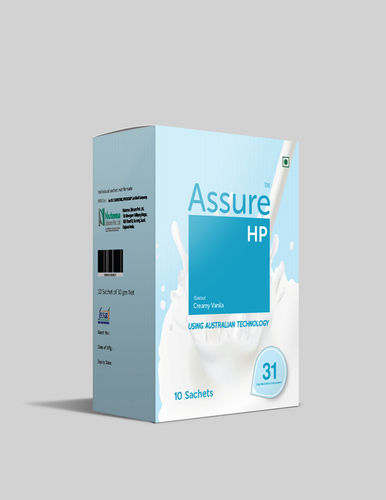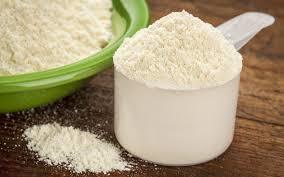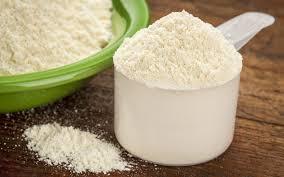
Health Vitamin And Supplement
Product Details:
- Efficacy Feed Preservatives Promote Healthy & Growth Promote Nutrition
- Shelf Life 18 Months
- Ingredients customized
- Sub Ingredients customized
- Dosage 30 gram
- Dosage Guidelines With Water
- Dosage Form Powder
- Click to View more
Health Vitamin And Supplement Price And Quantity
- 450.00 - 550.00 INR
- 2000 Bottle
- 500 INR
Health Vitamin And Supplement Product Specifications
- Feed Preservatives Promote Healthy & Growth Promote Nutrition
- NORMALLY
- With Water
- 30 gram
- 18 Months
- Powder
- customized
- customized
Health Vitamin And Supplement Trade Information
- Mumbai
- Cash in Advance (CID)
- As per demand Per Month
- 30 Days
- Yes
- Free samples are available
- CUSTOMIZED
- Australia South America Western Europe Middle East Africa Asia Central America Eastern Europe North America
- Dadra and Nagar Haveli Himachal Pradesh Meghalaya Andaman and Nicobar Islands Pondicherry Uttarakhand Daman and Diu Lakshadweep South India North India East India West India Andhra Pradesh Assam Arunachal Pradesh Bihar Chandigarh Delhi Goa Haryana Jammu and Kashmir Jharkhand Karnataka Kerala Madhya Pradesh Maharashtra Mizoram Manipur Punjab Rajasthan Sikkim Tamil Nadu Telangana Tripura West Bengal Nagaland All India Uttar Pradesh Gujarat Central India Odisha Chhattisgarh
- ISO- 22000-2005, WHO, GMP, FDA, HALAL, HACCP, FSSAI CERTIFIED COMPANY.
Product Description
Health Vitamin And Supplement
A vitamin is an organic molecule (or related set of molecules) that is an essential micronutrient that an organism needs in small quantities for the proper functioning of its metabolism. Essential nutrients cannot be synthesized in the organism, either at all or not in sufficient quantities, and therefore must be obtained through the diet. Vitamin C can be synthesized by some species but not by others; it is not a vitamin in the first instance but is in the second. The term vitamin does not include the three other groups of essential nutrients: minerals, essential fatty acids, and essential amino acids.Most vitamins are not single molecules, but groups of related molecules called vitamers. For example, vitamin E consists of four tocopherols and four tocotrienols. The thirteen vitamins required by human metabolism are: vitamin A (as all-trans-retinol, all-trans-retinyl-esters, as well as all-trans-beta-carotene and other provitamin A carotenoids), vitamin B1 (thiamine), vitamin B2 (riboflavin), vitamin B3 (niacin), vitamin B5 (pantothenic acid), vitamin B6 (pyridoxine), vitamin B7 (biotin), vitamin B9 (folic acid or folate), vitamin B12 (cobalamins), vitamin C (ascorbic acid), vitamin D (calciferols), vitamin E (tocopherols and tocotrienols), and vitamin K (quinones).
Vitamins have diverse biochemical functions. Vitamin A acts as a regulator of cell and tissue growth and differentiation. Vitamin D provides a hormone-like function, regulating mineral metabolism for bones and other organs. The B complex vitamins function as enzyme cofactors (coenzymes) or the precursors for them. Vitamins C and E function as antioxidants. Both deficient and excess intake of a vitamin can potentially cause clinically significant illness, although excess intake of water-soluble vitamins is less likely to do so.

 English
English Spanish
Spanish French
French German
German Italian
Italian Chinese (Simplified)
Chinese (Simplified) Japanese
Japanese Korean
Korean Arabic
Arabic Portuguese
Portuguese



